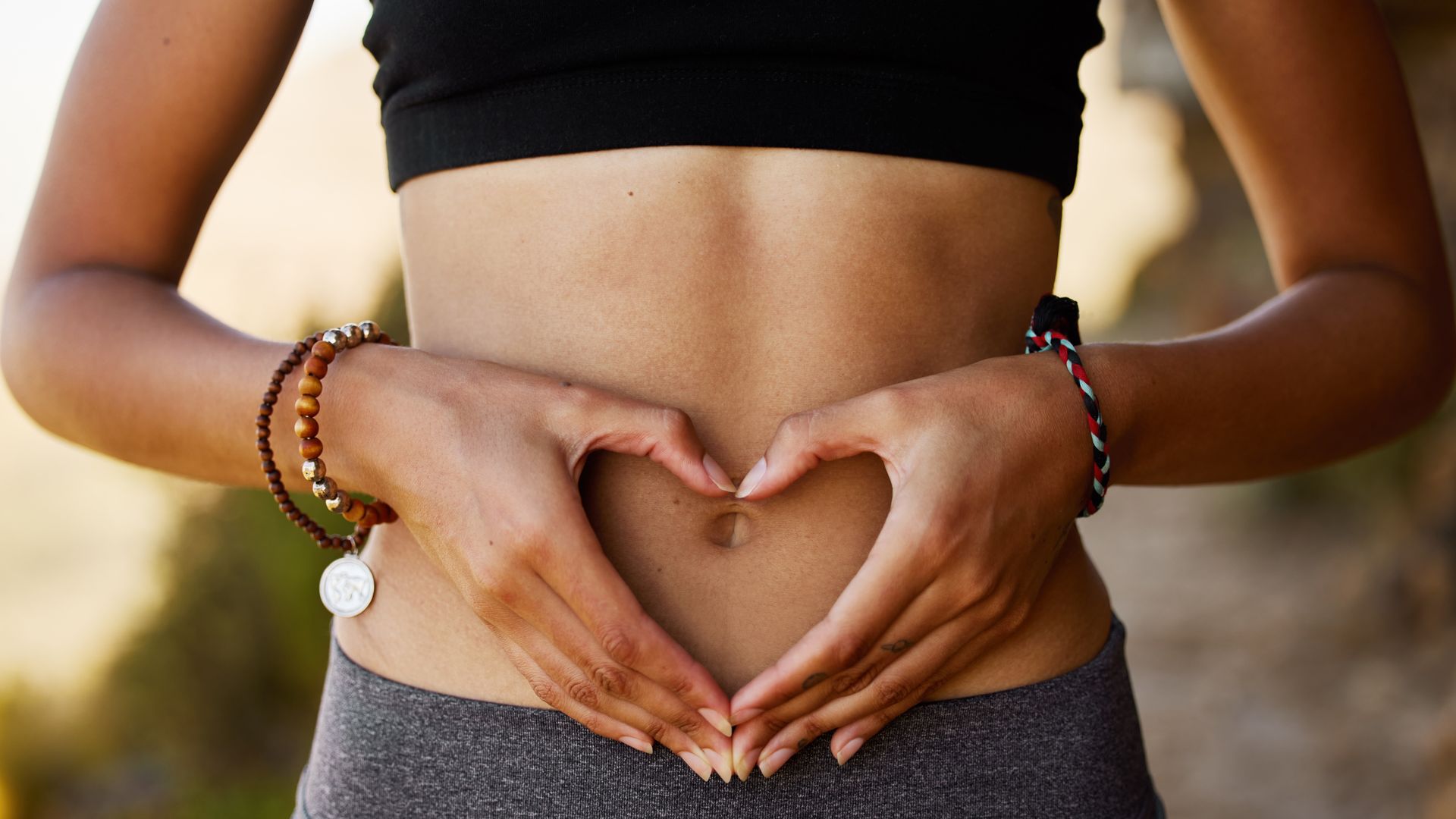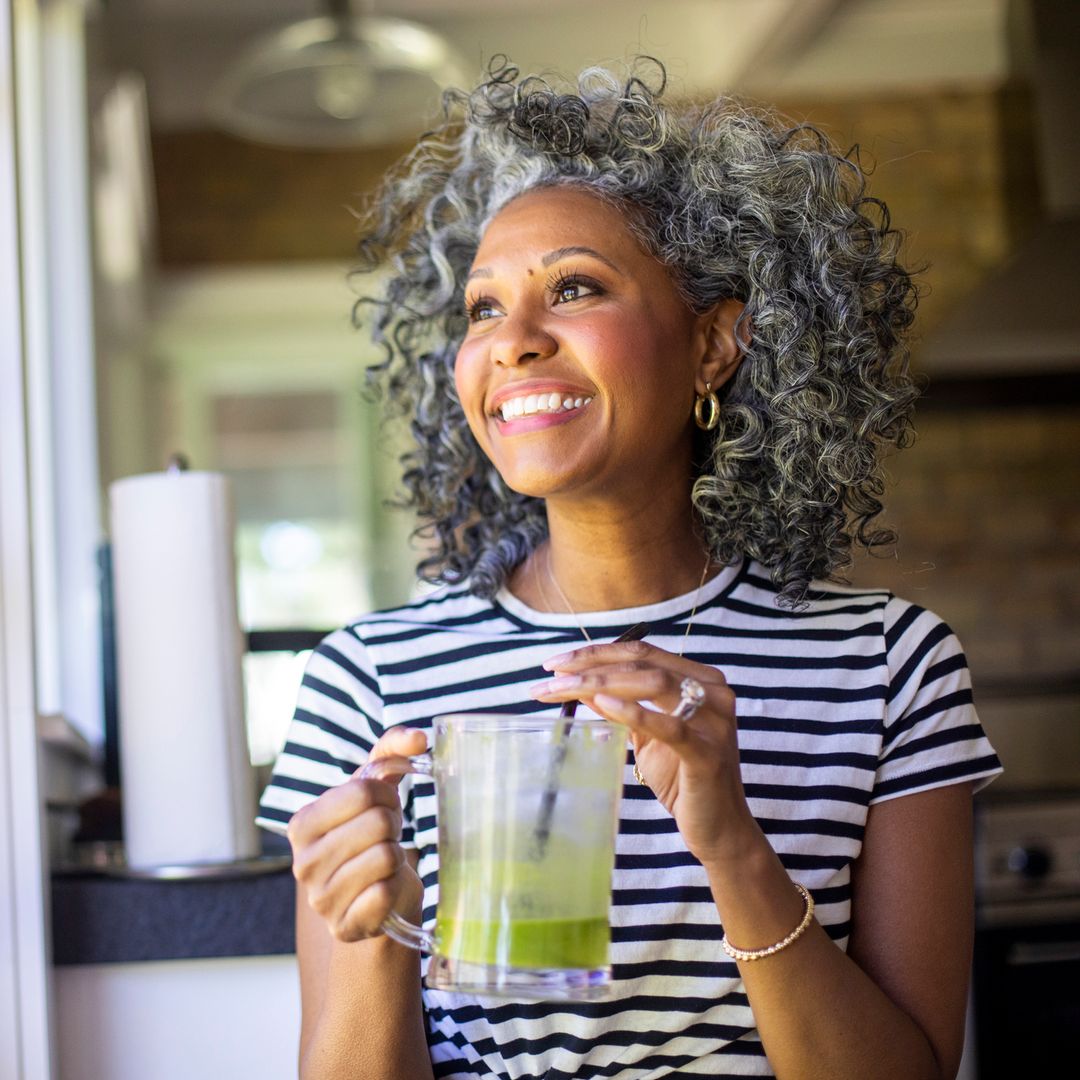When it comes to managing menopausal symptoms, the role of the gut is something that is often overlooked. The gut has lots of unexpected connections to the rest of the body and can consequently affect your health in many ways, from your energy levels to your mood and your sleep. A healthy gut will also help us fight off infectious illnesses.
So it’s no surprise that there is a growing amount of science looking at the link between our microbiome - the ‘friendly’ bacteria that live inside our gut - and menopause-related symptoms. And experts now believe that a healthy gut may be able to help with things like weight management, meno belly and anxiety during menopause.
“When we hit menopause and see a depletion of oestrogen and progesterone, it triggers a change in the gut microbiome,” explains Dr. Tasneem Bhatia, nutritionist, wellness expert and author of The Hormone Shift. “When the hormones start to go down, you have the slowing down of the gut in general. So you're not able to move things through the gut as effectively. That's why a lot of women end up getting constipation or bloating.“
“We also know that there's a decrease in other bacteria in the gut called ruminococcus and akkermansia. Both of these are linked to metabolic health and ruminococcus helps us with digestion too.”
Dr Taz explains that menopause causes an overgrowth of candida in our gut which is a yeast that raises our blood sugar and insulin levels. “This is why a lot of menopausal women tend to reach for alcohol or sugary foods,” explains Dr.Taz. “So they go from feeling okay to being super low and then just feeling super sluggish afterwards.”
The good news is that there are lots of easy ways you can improve your gut health during menopause, and as Dr Taz emphasises that the quickest way to do this is by cleaning up your diet and reducing your sugar intake.
“There are so many things we can do, but cleaning up your diet is the most important one. Starting in our forties, we don't have the reserve for processed or packaged foods, so eliminate those straight away,” says Dr. Taz.
Dr Taz adds that you must start the day with healthy foods, like yoghurt and fibre-rich oats to help improve your gut and set you on course for a healthy day. “Simple things such as drinking a green smoothie a few times a week will help too,” says Dr Taz.
“It’s also important to make sure your diet includes a diverse range of plant foods including fruit and vegetables, whole grains, nuts and seeds. And really reduce your overall load of sugar,” explains Dr. Taz. “I spend a lot of time talking to women about reducing alcohol, really getting it under a couple drinks a week because we know alcohol hugely adds to this microbial disruption massively too.
“Lastly, probiotics help gut digestion,” Dr. Taz explains. “So get on the right probiotics to help break foods down more effectively. I also love adding either glutamine or collagen to your supplement routine to help protect that gut lining.”











